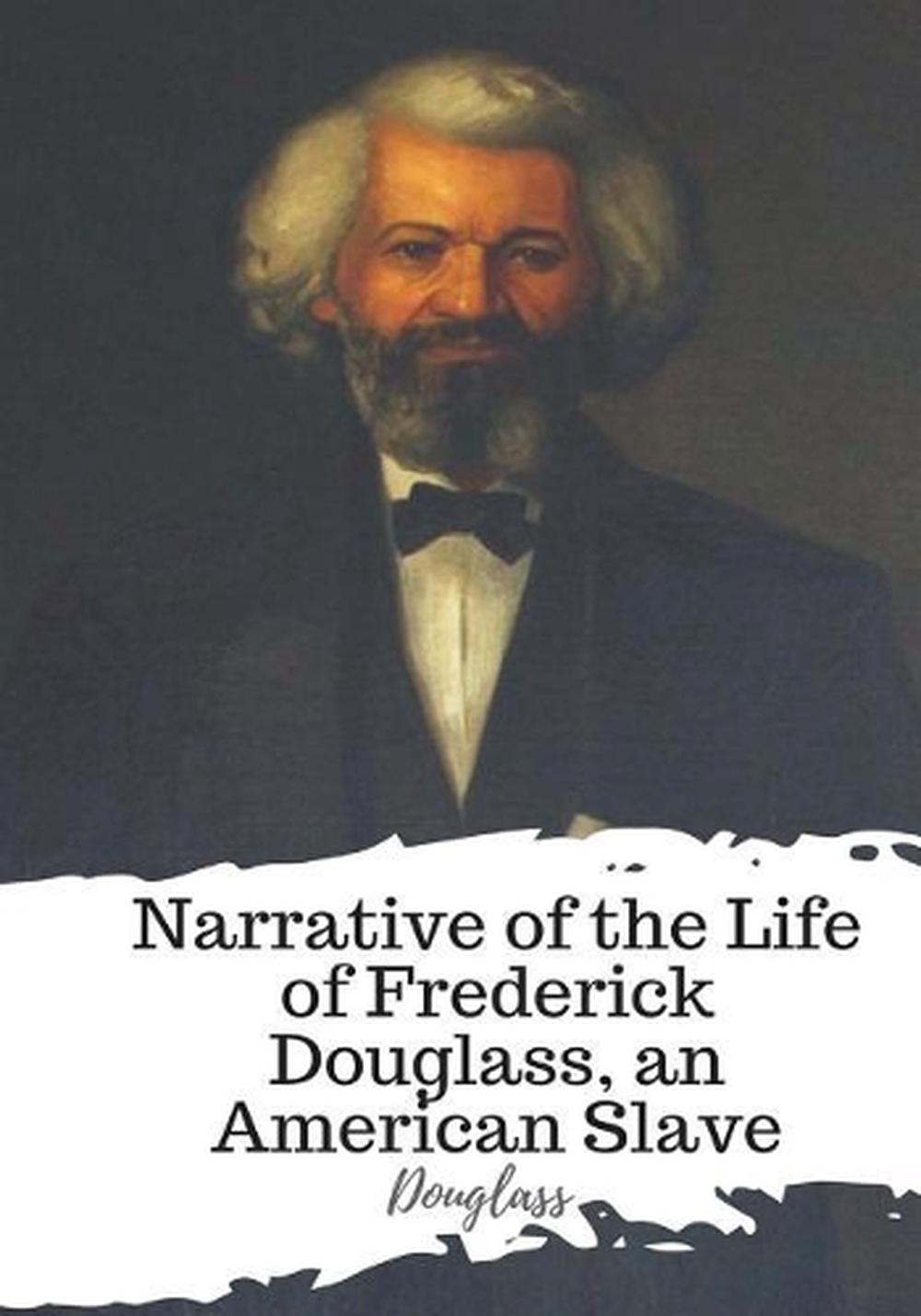


OL19666030W Page_number_confidence 85.34 Pages 118 Partner Innodata Pdf_module_version 0.0.20 Ppi 300 Rcs_key 24143 Republisher_date 20201107191311 Republisher_operator Republisher_time 219 Scandate 20201106022945 Scanner Scanningcenter cebu Scribe3_search_catalog isbn Scribe3_search_id 9781482341751 Tts_version 4. When the Rochester Ladies' Anti Slavery Society asked Douglass for a short story to go in their collection. From cover to cover the book not only reveals through its characters what Douglass saw as the unwillingness of American whites to act outside the fictions that justify slavery, but the book charges us as readers to interrogate our own unwillingness. Urn:lcp:heroicslave0000doug:epub:b88f4fc1-1050-4add-9472-6dabc24fac1f Foldoutcount 0 Identifier heroicslave0000doug Identifier-ark ark:/13960/t4qk71t8z Invoice 1652 Isbn 9781482341751ġ482341751 Ocr tesseract 4.1.1 Ocr_detected_lang en Ocr_detected_lang_conf 1.0000 Ocr_detected_script Latin Ocr_module_version 0.0.5 Ocr_parameters -l eng Old_pallet IA19735 Openlibrary_edition The Heroic Slave, a Heartwarming Narrative of the Adventures of Madison Washington, in Pursuit of Liberty is a short piece of fiction, or novella, written by abolitionist Frederick Douglass, at the time a fugitive slave based in Boston. With The Heroic Slave Douglass accomplished through literature what few political authors do. In 1853, Frederick Douglass published The Heroic Slave, a strangely fragmentary novella based on the Creole incident, which would remain his first and only piece of fictional writing. Herman Melville more focuses on the idea of black resistance than anything.Access-restricted-item true Addeddate 16:32:04 Boxid IA1994510 Camera USB PTP Class Camera Collection_set printdisabled External-identifier This inspires Douglass to speak at an anti-slavery convention in 1841, which launches his career as an anti-slavery advocate. Frederick Douglass wrote only one work of fiction: this novella, loosely based on a true incident, about a slave who leads a rebellion on board a slave ship. After some time in New Bedford, Douglass begins reading The Liberator, an abolitionist newspaper.


Frederick Douglass and Herman Melville are bringing up the same point, but in very different ways. Douglass is amazed by the prosperity the north has achieved without slaves. The text begins: His head was with his heart, And that was far away Childe Harold. It is arguable that Melville and Douglass are both trying to bring the same point across that slavery is not a good thing, and showing black rebellion as a direct consequence of slavery. Read Part 3 of The Heroic Slave by Frederick Douglass. \)Īfter having read Benito Cereno and The Heroic Slave, I can identify the differences between the novellas.


 0 kommentar(er)
0 kommentar(er)
